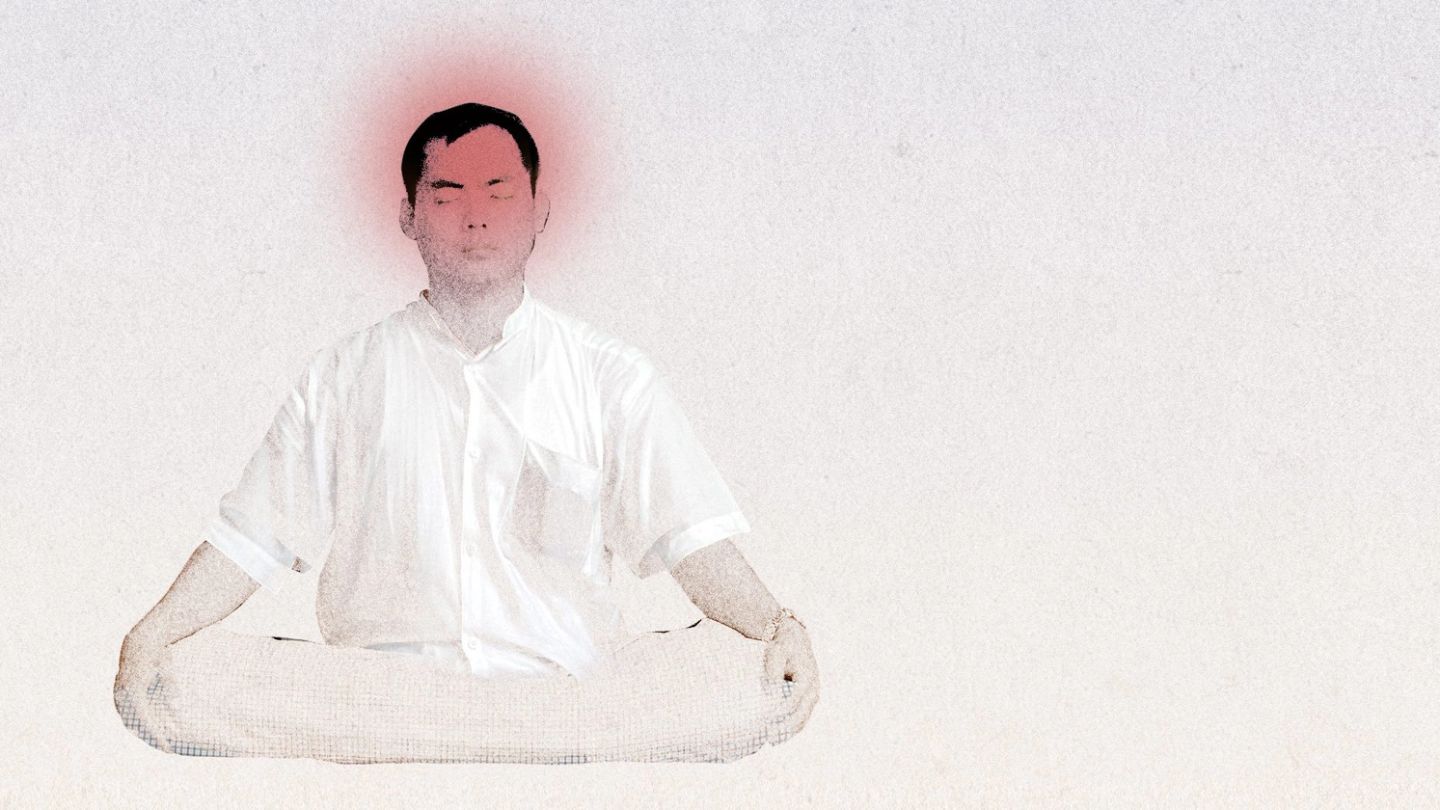

Are you suffering from smartphone stress? Here are the expert tips on how to combat it…
As record numbers of us confess to struggling with stress, we ask the experts how best to tackle digital fatigue...
Words: Anna Galbraith
They are the last thing we see before bed, and the first thing we reach out to, bleary-eyed, in the morning. Without them we feel helpless, (often literally) directionless, and simply incapable of communication.
We’ve come to rely on them for everything from remembering family members’ birthdays to pursuing our greatest passions. But these pocket-sized companions are not human — they aren’t even living organisms, they are our smartphones. And today it is estimated that more that almost 3 billion people on the planet own one.
You don’t have to be a psychologist to see that these everyday handsets are changing the way that we act and interact with one another — for better and for worse. But have you ever stopped to consider that your relationship with this tiny device might be more akin to an obsession than anything else?
A recent survey found that around 50% of young people felt that they were addicted to their phones, and there’s a high chance that the other 50% are living in denial.
With the launch of their book, Offline: Free your mind from smartphone and social media stress, GP Imran Rashid and tech expert Soren Kenner offer their advice on how to navigate the uncharted territory of technological dependence ahead.
If you’re suffering with what the pair have dubbed DFRAG (Digital Fragmentation Syndrome), then read on to discover how you can find a healthier balance with your handset.
Resist ‘Notification Pull’
Do you feel the urge to repeatedly check your phone, even when you know that nothing new has arrived? Have you ever felt vibrations from your pocket and whipped out your handset, only to discover that it was just your mind playing tricks on you? Then it’s clear that your technology is taking up more headspace than it should be.
Solution: Turn off all notifications on your phone. “This way, you actively have to decide to get on Facebook to see if there are any notifications for you — it makes a real difference,” they explain.
Put your phone habit to bed...
Stress, anxiety and depression can all have a huge effect on your sleeping habits — and it’s easy to find yourself trapped in a vicious circle where lack of sleep only acts to enhance your other symptoms.
We probably don’t have to tell you that if you’re trying to beat insomnia, lying in bed and staring at your phone isn’t the best way to go about it. But it’s also not going to be enough to leave it plugged in on your nightstand, where it’s close enough to reach out and grab at any second.
Solution: Rashid and Kenner recommend that you buy an old-fashioned alarm clock and charge your smartphone in another room overnight. Use your new-found downtime to read or meditate.
Schedule your time online…
“There are quite a few observable and demonstrable trends that you can point to where people spend too much time online with diminishing returns,” explain Rashid and Kenner.
Alongside having a detrimental effect on your mental health, the experts suggest that too much screen time can also have serious physiological repercussions. “Even your sex life can suffer, if you aren’t taking care to carve out time for your intimate relationships, without screens.”
Solution: It might sound simple, but the expert advice here is to allocate specific time for your smartphone. Do all of your browsing in the morning or at the end of the day — the key is to do it all at once, and set limits on your online time.
Looking for more tech solutions? These are the running headphones we guarantee won’t fall out…


